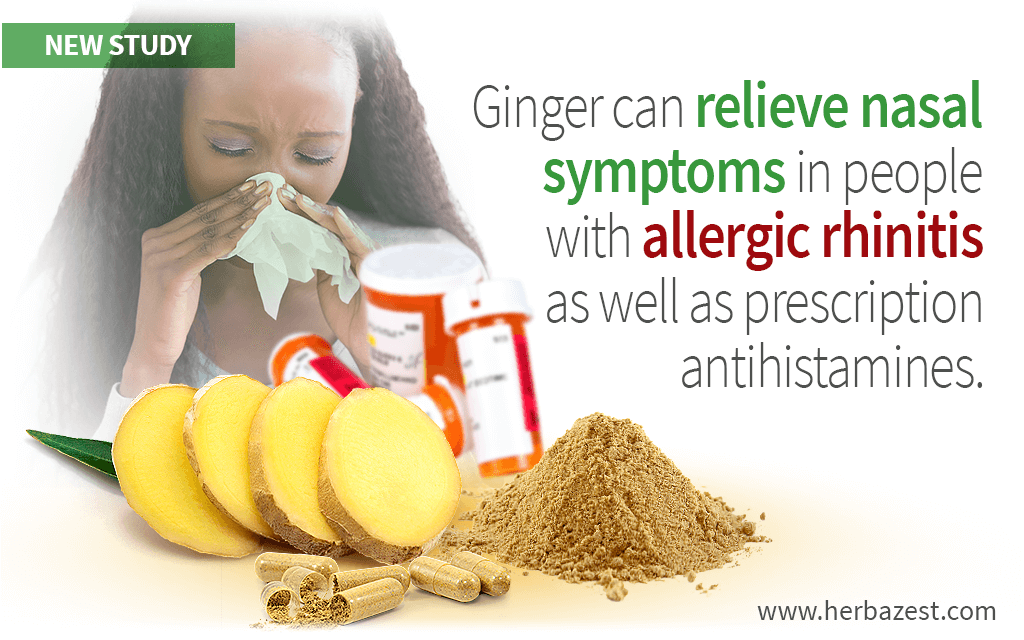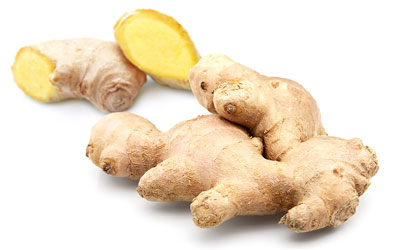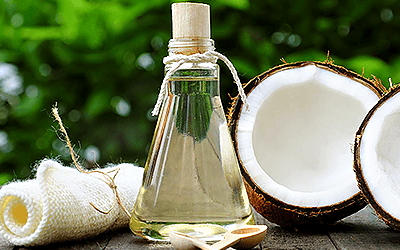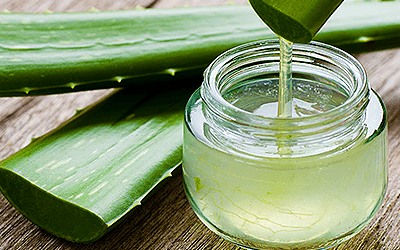For an estimated 400 million people with allergic rhinitis worldwide, quality of life is significantly reduced by their symptoms, like nasal congestion, runny nose, sneezing, and more.1 The aim of most treatments is to suppress inflammation, which is typically done with antihistamines (such as loratadine) or nasal steroids, many of which cause side effects.
Ginger's natural anti-inflammatory properties make it an attractive potential component of natural allergic rhinitis treatments. Its therapeutic potential is mainly attributed to three compounds, namely gingerols, shogaols, and zingerones.2
This study aimed at evaluating the efficacy and safety of ginger extract for allergic rhinitis treatment in comparison with to loratadine.
The Study
It was a 2020 randomized, double-blind, controlled trial, conducted at Thammasat University Hospital in Pathumthani, Thailand. The results of this trial were published in the BMC Complementary Medicine and Therapies journal.
This clinical trial recruited 80 participants with a moderate allergic rhinitis, of which 72 completed the study. Participants were instructed to stop taking antihistamines or nasal steroids one week before the trial.
The subjects were randomly divided into two groups: One receiving two capsules filled with 125 mg of ginger extract twice daily (500 mg per day), and the other one receiving identically-looking 10 mg loratadine capsules with lactose monohydrate as a placebo. The study lasted for six weeks.
The efficacy of ginger treatment was assessed at the 3rd and 6th week through clinical examinations, including total nasal symptom scores (TNSS), cross-sectional area of the nasal cavity with acoustic rhinometry (ARM), and rhino-conjunctivitis quality of life questionnaire (RQLQ).
The safety of ginger treatment was measured through blood analysis, blood pressure check-ups, and side effects questionnaires, before the study and at both follow-ups.
The Results
Both groups showed a significant reduction in TNSS scores, with the ginger extract-treated group being more effective than the loratadine-treated group (0.666 versus 0.574, respectively). TNSS scores evaluated four symptoms: nasal itching, runny nose, nasal congestion, and sneezing.
In terms of ARM results, the ginger group showed considerate improvements after six weeks, in contrast to the loratadine group, which did not show improvements.
Additionally, the quality of life (determined by the RQLQ) substantially improved after the third intervention week in both groups.
Side effects reported in the ginger group mainly consisted of very mild belching, while loratadine group experienced more intense drowsiness, fatigue, dizziness, and constipation.
What Does this Mean?
These findings demonstrate that ginger extract is as effective in treating allergic rhinitis as loratadine, while causing less side effects. Its comparable effectiveness to a prescription antihistamine gives allergic rhinitis patients an option for safe, natural relief for their symptoms and improvement in quality of life.
Other anti-inflammatory herbs for allergies include nettle, ginkgo, eucalyptus, and onion.
Sources
- BMC Complementary Medicine and Therapies, Ginger extract versus Loratadine in the treatment of allergic rhinitis: a randomized controlled trial, 2020
Footnotes:
- World Allergy Organization. (2013). WAO White Book on Allergy. Retrieved September 10, 2020 from https://www.worldallergy.org/wao-white-book-on-allergy
- Nutrients. (2020). Ginger on Human Health: A Comprehensive Systematic Review of 109 Randomized Controlled Trials. Retrieved September 10, 2020 from https://www.ncbi.nlm.nih.gov/pmc/articles/PMC7019938/





